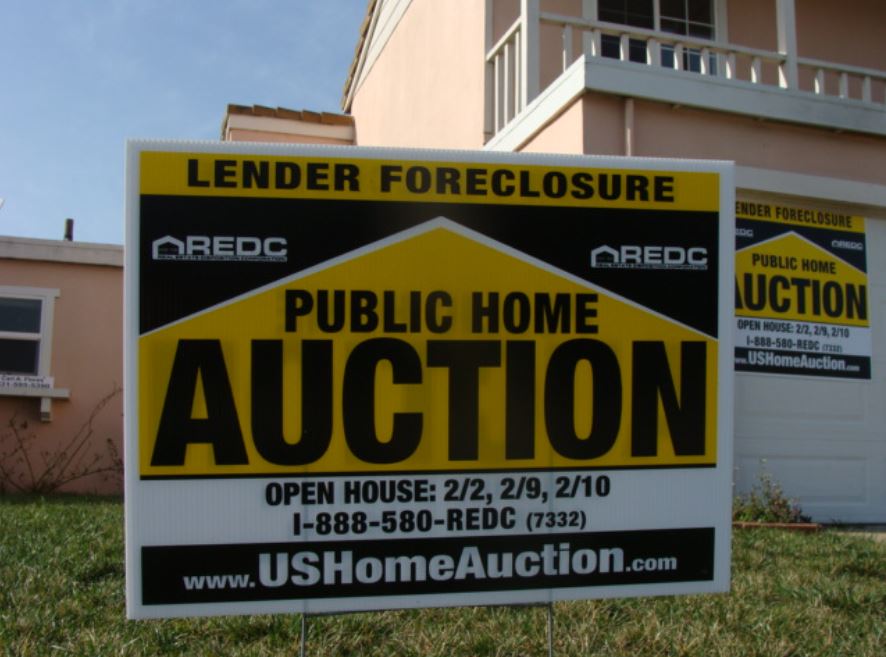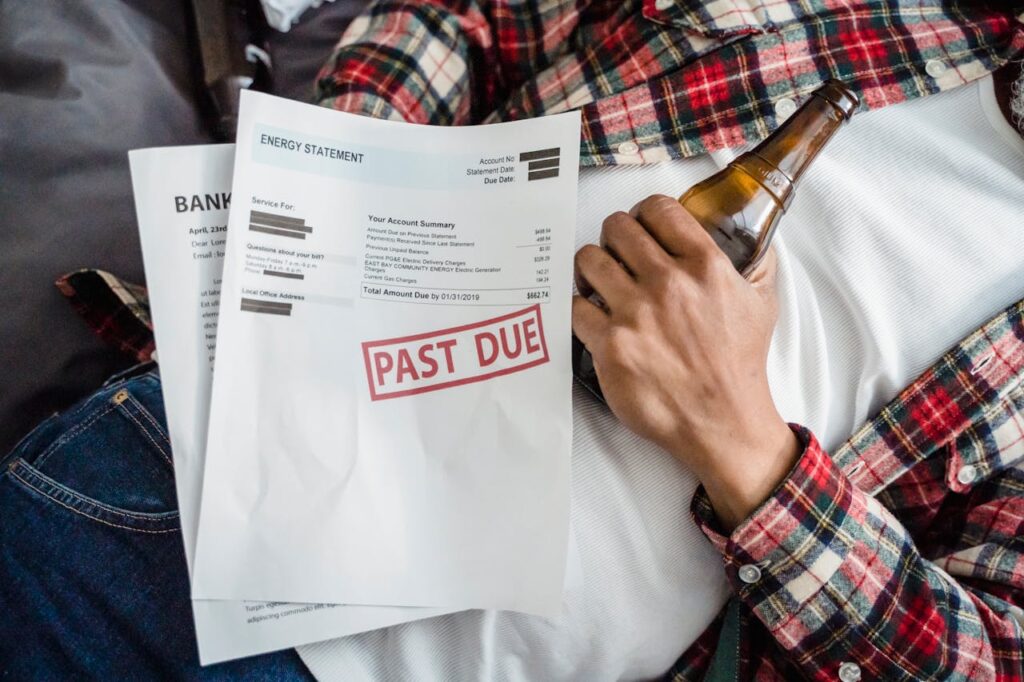Real estate can be a minefield of scams, especially for first-time buyers and renters. From fake listings to wire fraud, scammers are finding creative ways to steal money and personal information. Knowing how to spot these traps can save time, stress, and serious cash. Whether buying, selling, or leasing, stay alert to these red flags so you don’t fall for schemes that could ruin your financial plans or even your identity. Here are 12 common real estate scams to watch out for.
1. Fake Rental Listings

Scammers copy real listings from legitimate sites and repost them with lower prices to lure in unsuspecting renters. Once someone shows interest, the scammer demands a deposit or personal information upfront without allowing a property visit. Since the listing isn’t actually theirs, victims end up out of money and without a home. Always verify who owns a property before sending payment or signing any documents. A deal that looks too good likely is.
2. Wire Transfer Fraud

This scheme often targets buyers closing on a home. Scammers hack into emails between the buyer and title company, then send fake wiring instructions just before closing. The buyer unknowingly sends their down payment to the scammer’s account. Always verify wire instructions by calling the title company directly, never trust email alone. One phone call can prevent the loss of tens or even hundreds of thousands of dollars.
3. Foreclosure Relief Scams

People in financial trouble are especially vulnerable. Scammers pose as “foreclosure specialists” promising to save a home for an upfront fee. In reality, they do nothing, or worse, convince owners to sign over their deed. Victims not only lose money, but their home as well. Legitimate foreclosure help never requires fees upfront. Contact HUD-approved housing counselors instead, who provide assistance at no or low cost.
4. Loan Flipping

This scam targets elderly homeowners. A dishonest lender persuades them to refinance their home repeatedly, each time charging high fees and points. Over time, the homeowner gains little benefit and racks up debt. What looks like quick cash becomes a financial trap. Always get independent financial advice before refinancing. One bad loan can erode years of home equity and stability.
5. Title Fraud

In this scheme, a criminal steals your identity, then uses forged documents to transfer your property title into their name. They may take out loans against your home or sell it without your knowledge. You won’t know it happened until it’s too late. Protect yourself with title insurance and monitor public records regularly. Identity theft can lead to real property losses if left unchecked.
6. Bait-and-Switch Listings

Scammers use attractive, low-priced listings to draw in buyers or renters. Once contact is made, they claim the property just sold but offer a similar, usually worse or more expensive, property. Some even use this as a way to collect deposits or application fees. If a listing seems underpriced or pressure is applied to act fast, it’s likely bait. Always verify the property and deal through trusted channels.
7. Moving Scams

Fake moving companies quote low prices, then demand extra fees once belongings are loaded, or worse, they disappear with everything. Some operate without licenses or insurance, leaving victims without protection. Always check reviews, licensing, and Better Business Bureau ratings before hiring movers. A legitimate mover won’t surprise you with last-minute charges or hold your possessions hostage.
8. Equity Skimming

In this scam, an investor offers to help a struggling homeowner by taking over mortgage payments. In return, they ask the owner to sign over the deed. Instead of helping, the investor rents out the home, collects money, and lets the mortgage default. The original owner still bears legal responsibility. Never sign over your deed unless you’ve reviewed the arrangement with an attorney or financial advisor.
9. Escrow Wire Fraud

Like wire fraud in closings, this scam targets funds held in escrow. Scammers impersonate escrow officers and send false instructions via email or phone. Victims transfer funds that disappear without a trace. Use trusted communication methods, and never click links in suspicious emails. Before wiring funds, always call the escrow company directly using a verified number.
10. Unlicensed Real Estate Agents

Scammers sometimes pose as real estate agents or brokers without a license. They may collect fake fees, arrange fake showings, or even accept offers on properties they don’t represent. Before working with an agent, check their license status through your state’s real estate commission. A licensed agent’s record is public, and verifying it could prevent major losses or legal trouble.
11. Fake Home Improvement Deals

Some con artists offer cheap renovations or repairs, ask for money up front, and never return, or do substandard work. They often target recent homebuyers or seniors. Always verify credentials, references, and business licenses before hiring contractors. And never pay the full amount before work begins. Contracts should be clear, in writing, and include timelines and penalties for delays.
12. Phantom Listings in New Developments

Developers or salespeople may promote units in a new complex that doesn’t exist, or won’t be built. Buyers make down payments based on floor plans, only to discover years later that the project is stalled or abandoned. Research the developer’s track record, check permits, and ensure a project is approved before investing. Pre-construction offers can be tempting, but they carry major risk without proper vetting.


